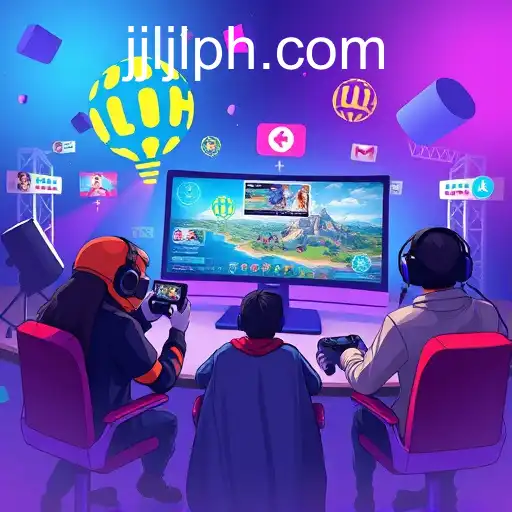
Exploring the Impact of Educational Games in Modern Learning

The digital age has brought about significant changes in the educational landscape, one of the most notable being the rise of educational games. These are designed to combine fun with learning, making them an increasingly popular tool in both formal and informal educational settings. With 'jljlph' emerging as a key term in this domain, it's worth exploring how these digital tools are influencing modern education. Educational games encompass a vast range of subjects, from mathematics and science to history and language learning. By gamifying the learning process, these games can transform traditional educational content into interactive experiences. The underlying principle is that when students are engaged and enjoying themselves, they are more likely to absorb and retain information effectively. This approach caters to different learning styles, whether auditory, visual, or kinesthetic, creating an inclusive environment conducive to learning. Beyond engagement, educational games often incorporate elements of competition and achievement, such as scores, levels, and badges. These elements can motivate students to continue participating, advancing their understanding while developing critical thinking and problem-solving skills. Moreover, games often provide immediate feedback, allowing learners to quickly understand and correct mistakes. However, the impact of educational games extends beyond academic subjects. They can also foster essential life skills such as teamwork, perseverance, and adaptability. Multiplayer games encourage collaboration, as students work towards shared goals, while challenging scenarios require players to adapt strategies in real-time. As educational games gain traction, concerns around screen time and potential distractions arise. Therefore, it’s crucial for educators and parents to ensure a balanced approach, integrating these games as complementary tools within a broader educational strategy. Understanding the potential of educational games requires examining their design and the pedagogical theories they draw upon. Many of these games apply the principles of constructivist learning, where students actively construct new ideas upon their current knowledge base. The adaptive nature of many games means they can adjust difficulty levels based on a student's progress, providing personalized learning pathways. In conclusion, educational games represent a dynamic shift in the way educational content is delivered and consumed. The keyword 'jljlph' signifies the exciting intersection where education meets technology, heralding new possibilities for learning that engage and empower students. As technology continues to evolve, there is vast potential for further innovation in this space, promising to enrich the educational experiences of future generations.
The Rise of AI in Online English Gaming

This article explores the growing influence of artificial intelligence in the landscape of online English gaming, focusing on the innovative platform jljlph.
2026-01-14
Rise of Online Gaming Platforms in 2026

Exploring the growth and influence of online gaming platforms like jljlph in 2026, amidst the ever-evolving landscape of digital entertainment.
2026-01-13
Gaming Trends Shaping the Online Community

Exploring the latest developments in online gaming and how they are impacting players and communities worldwide.
2026-01-11
The Rise of Online Gaming Communities

Exploring the rapid growth and influence of online gaming platforms and communities in 2026.
2026-01-10






